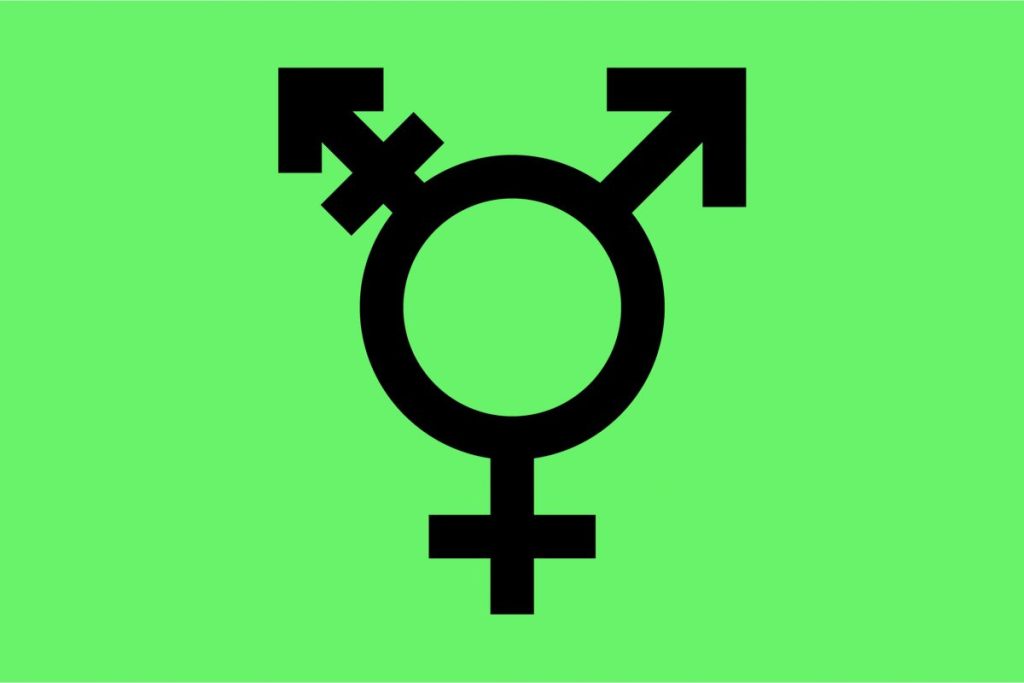The Transgender Day of Remembrance (TDoR) is an annual observance that serves as a somber reminder of the lives lost due to anti-transgender violence and discrimination. This day, marked on 20th November each year, provides an opportunity for reflection, remembrance, and a call to action for a more inclusive and accepting society.
A transgender person is an individual that identifies different from the sex they were assigned to at birth. In a Malawian context example, the story of aunt Tio can be highlighted to say she was assigned male at birth but identifies and expresses herself as a woman today.
TDoR originated in 1999 to memorialize Rita Hester, a transgender women murdered in Allston, Massachusetts, USA. The day has grown into a global event dedicated to honoring transgender individuals who have lost their lives to violence. The violence faced by transgender folks, especially transgender women of color, remains a pressing concern. Discrimination, hate crimes, and systematic barriers contribute to a disproportionate rate of violence against the transgender community.
TDoR is observed worldwide, shedding light on the international scope of transgender discrimination. The event serves as a unifying force, fostering solidarity among diverse communities. Lest we forget that TDoR is also a day of celebrating the positive lived experiences of the transgender community. To celebrate all transgender people to include, but not only, non-binary, genderqueer, gender non-conforming, agender, bigender or other identities.
Activists often use TDoR as an opportunity to call for policy changes that protect transgender individuals. This includes advocating for anti-discrimination laws, improved healthcare access and increased support for transgender rights. The day also highlights the importance of building supportive and inclusive communities. Creating spaces where transgender individuals feel accepted and safe is essential for combating discrimination.
While there have been strides in transgender visibility in Malawi, challenges persist. In the case of a transgender woman, Jana Gonani, who is fighting for the violation of her rights in the constitutional court. This has raised a lot of chaotic ideologies about the transgender community amongst Malawians, it is important to note that this is a dialogue that can start taking place and can be an introductory conversation about transgender folks.
Nyasa Rainbow Alliance encourages Malawians and its different communities to reflect on their role in creating a more inclusive society. We highlight the collective responsibility to challenge prejudice and work towards a Malawi where everyone, regardless of gender identity, can live authentically.
-SC

